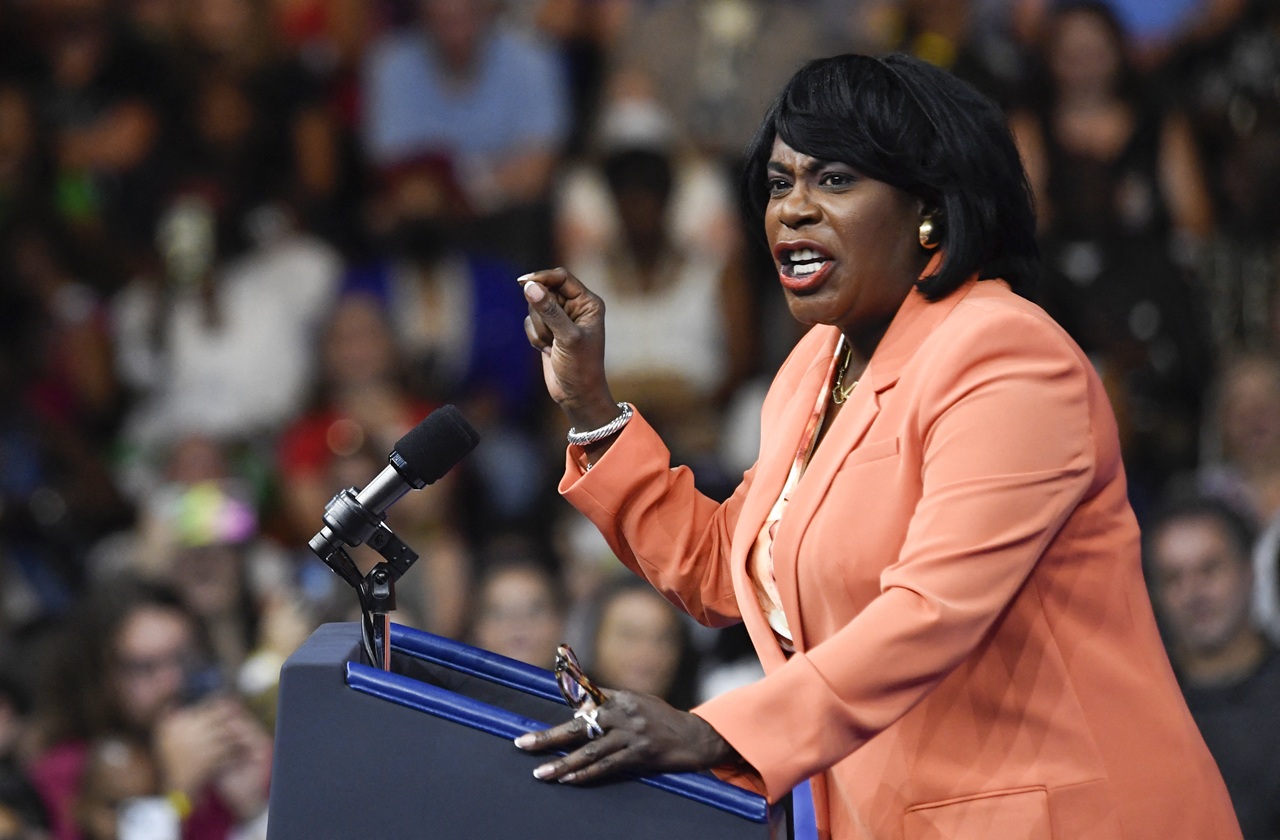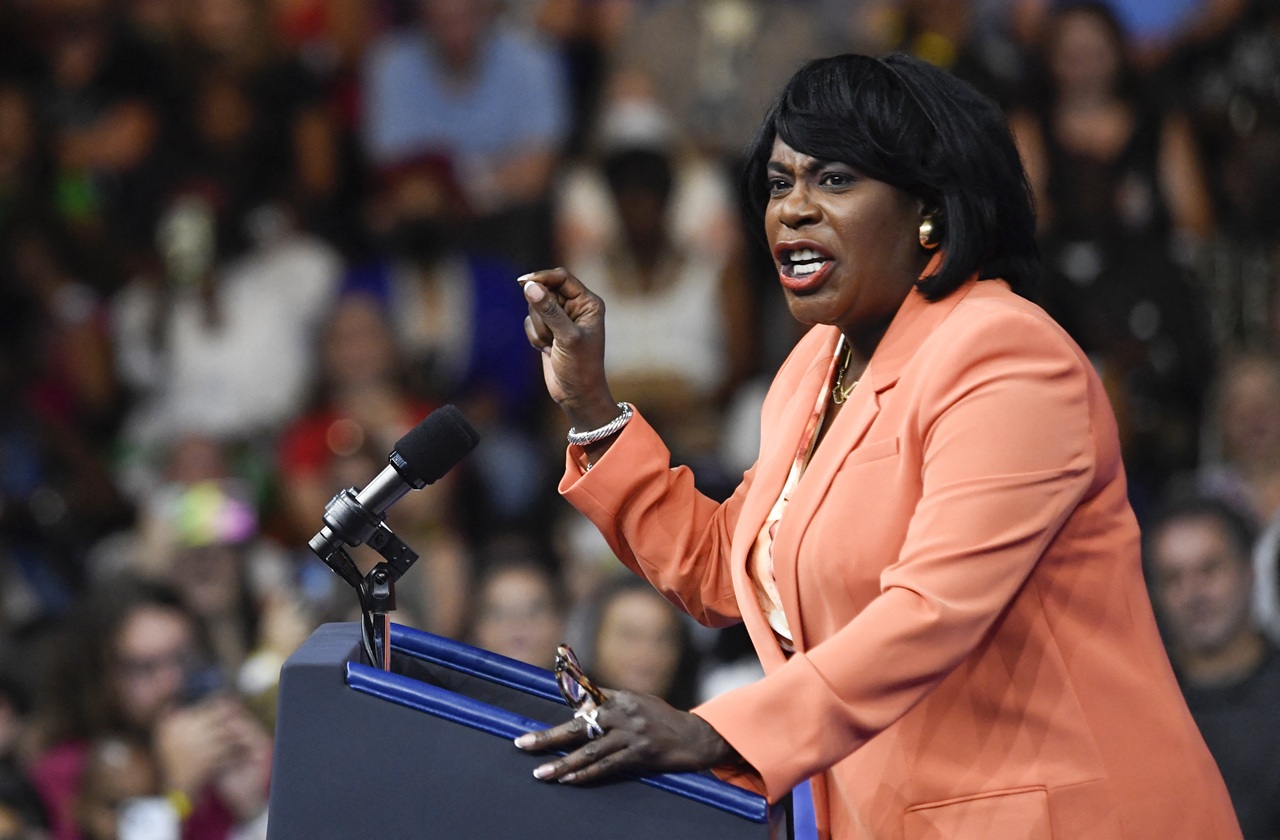
Philadelphia Controller Claims Soda Tax Affects Employers Pocket
City Controller Alan Butkovitz published the results of a survey in which 60 percent of shopkeepers blamed the controversial tax of this year’s losses.
Taxing products whose overconsumption poses a risk to human health not only sounds reasonable but also urgent.
To create such taxes in order to finance public policies such as Pre-K programs or the maintenance of public spaces such as parks and bookstores should be a cause for celebration (since not every day rulers make decisions that put before the general welfare to particular interests).
In Philadelphia, however, not everyone celebrates when it comes to one of those liens.
A poll has just established that most winemakers, restaurant owners, chain stores and bars, among others, are not at all happy with the soda tax that the Kenney administration imposed on the city earlier this year.
According to the survey conducted by the Controller's Office, 60 percent of shop owners have seen their profits fall by as much as 10 percent over the past year.
Controller Alan Butkovitz released the results of the survey applied to 1,600 businesses and in which it was also recorded that most traders attributed the drop in their income to the controversial tribute.
"Most of the businesses that deal with products taxed on soft drinks have had a significant impact. The tax has had a detrimental effect," Butkovitz told a news conference.
For the Controller, although the end of the tax is admirable (financing Pre-K programs and infrastructure works), the tribute has failed in its main aspects.
At a public hearing this Tuesday at the state Senate in Harrisburg, Butkovitz drew a gloomy picture for the Philadelphia economy.
"Unfortunately, the main purpose of the tax has fallen far short. We pointed out months ago that the tax would not be able to reach this year's projections ... If this trend continues, the projections of the city could be shortened by 15 million dollars, 75 million in five years," he said.
RELATED CONTENT
For his part, Mayor Jim Kenney; several city councilors and academics, rejected through a letter the harsh criticism. They recalled that "while various financing alternatives were proposed and considered, an overwhelming majority of the City Council determined that the 1.5 cents per ounce tax on soft drinks was the best and fairest financing option [for the city]”
"This tax, and its associated programs, represents an innovative and cost-effective local financial solution to meet the challenges of the city. Philadelphia, which has maintained balanced budgets, investment in our childhood; which has reduced taxes in the next fiscal year and has significantly improved its credit rating in the last five years, continues to focus on local solutions," said the letter subscribed by several supporters of the measure.
Back to the survey, the commercial areas most affected by the tax are "West Philadelphia, between Market Street and 52 Street; Hunting Park in the north; and areas around Juniata and Frankford," sectors where many businesses reported losses greater than 10 percent.
Among the types of businesses that reported the most losses are grocery stores followed by convenient stores and restaurants. According to a press release, "40 percent of these establishments said they would have to make significant changes to keep them working."
Controller Butkovitz, who will step down in January after spending three periods in front of the office - and rumored to be a candidate for mayor - questions the effects of the tax: "It seems that the levy is generating a behavior and an orientation towards the future. Many owners seem nervous about the viability of their companies in the short and medium term," he said.
Although the controversy over the economic effects of the tax is far from over, the fact is that a significant decrease in the consumption of sugary drinks can be bad news for the pockets of entrepreneurs (not that they are losing the half of their income), but it is the best news for thousands of Philadelphians who are now taking giant steps to combat health problems related to sodas, such as obesity and diabetes.











LEAVE A COMMENT: